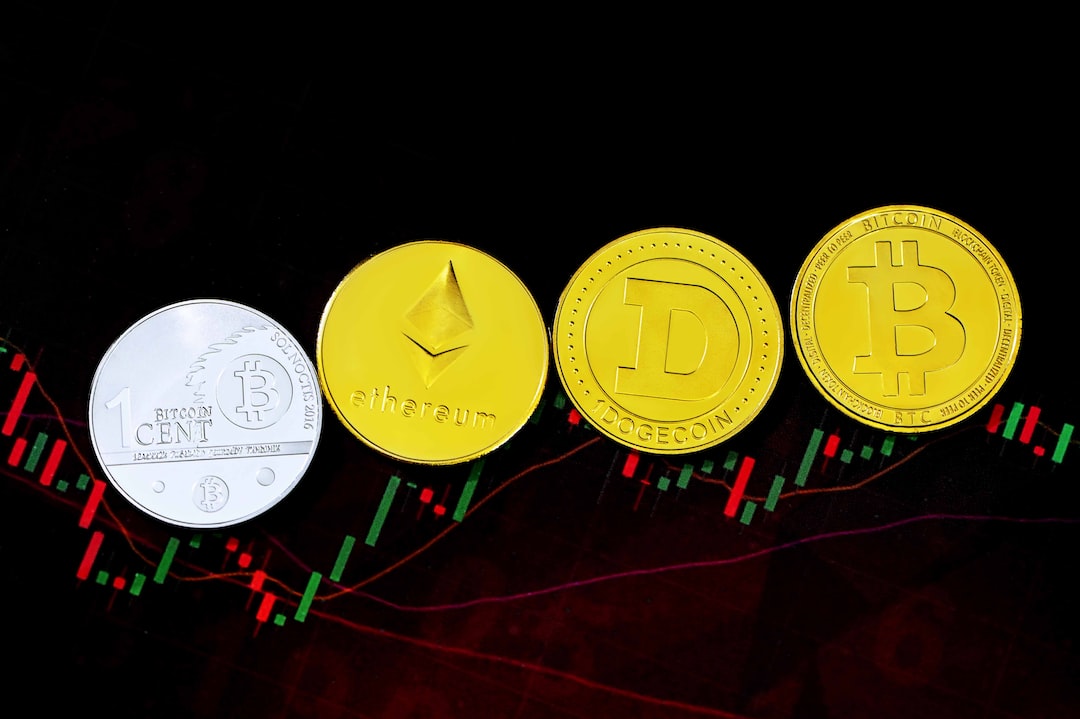Unlocking the Power of Crypto Tools: A Beginner’s Guide
Welcome to the exciting world of cryptocurrency! If you’re new to this space, you might be wondering how to get started and how to take advantage of all the incredible tools available. In this beginner’s guide, we will walk you through the essential crypto tools that will help you navigate this digital frontier with confidence and ease.
1. Wallets: The first step in your crypto journey is setting up a digital wallet. Think of a wallet as your personal bank account for cryptocurrencies. There are various types of wallets, such as hardware wallets, software wallets, and online wallets. Each has its own pros and cons, but all provide a secure way for you to store, send, and receive digital currencies.
2. Exchanges: Once you have your wallet set up, you’ll need a way to buy and sell cryptocurrencies. This is where exchanges come in. Exchanges act as online marketplaces where you can trade your traditional currency (like USD or EUR) for cryptocurrencies. They also provide a platform for you to track the market prices and make informed trading decisions.
3. Research Tools: Knowledge is power in the world of crypto. To make informed investment decisions, it’s crucial to stay up-to-date with the latest news, market trends, and analysis. Utilize research tools like CoinMarketCap, CoinGecko, and TradingView to keep track of the market capitalization, price movements, and technical analysis of various cryptocurrencies.
4. Portfolio Trackers: As your crypto holdings grow, it becomes essential to have a tool to monitor and manage your investments. Portfolio trackers allow you to keep track of the value of your cryptocurrency holdings in real-time. They provide insights into your gains, losses, and overall performance, helping you make better-informed decisions regarding your portfolio.
5. Education Platforms: Cryptocurrency is a complex and ever-evolving space. To stay ahead of the curve, it’s crucial to educate yourself continuously. There are numerous online platforms, such as CoinDesk, CryptoSlate, and Investopedia, where you can find educational articles, guides, and tutorials to enhance your crypto knowledge.
6. Security Tools: Security should be a top priority when dealing with cryptocurrencies. Utilize security tools like two-factor authentication (2FA), hardware wallets, and secure password managers to safeguard your digital assets. It’s also important to be aware of common security threats, such as phishing scams and fake wallets.
7. Payment Gateways: Cryptocurrencies are not just for investment; they can also be used for everyday transactions. Payment gateways enable businesses to accept crypto payments, providing a seamless and secure way to transact in digital currencies. By using payment gateways, you can make purchases or receive payments in cryptocurrencies.
8. Decentralized Finance (DeFi): DeFi refers to a set of financial tools and services built on blockchain technology. It aims to provide traditional financial services, such as lending, borrowing, and trading, in a decentralized and transparent manner. Explore DeFi platforms like Compound, Aave, and Uniswap to access these innovative financial tools.
9. Stablecoins: Volatility is one of the prominent characteristics of cryptocurrencies. Stablecoins, on the other hand, are a type of cryptocurrency that is pegged to a stable asset, such as a fiat currency or a commodity. Stablecoins provide stability and can be used as a medium of exchange and a store of value within the crypto ecosystem.
10. FAQs:
Q: Can I start investing in cryptocurrency with a small amount of money?
A: Yes, you can start investing in cryptocurrency with a small amount of money. Many exchanges allow you to buy fractions of a Bitcoin or other cryptocurrencies, making it accessible to anyone with even a modest budget.
Q: Is cryptocurrency legal?
A: The legal status of cryptocurrency varies from country to country. In most countries, owning and using cryptocurrencies is legal, but it’s crucial to comply with local regulations and tax laws.
Q: How do I choose the right wallet?
A: When choosing a wallet, consider factors like security, ease of use, and the type of cryptocurrencies you plan to store. Research different wallet options and read reviews to make an informed decision.
Q: Are cryptocurrencies safe?
A: While cryptocurrencies offer advanced security features, they are not entirely risk-free. It’s crucial to follow best practices like using secure wallets, enabling two-factor authentication, and being cautious of phishing attempts to ensure the safety of your digital assets.
Q: Can I lose money investing in cryptocurrencies?
A: Yes, investing in cryptocurrencies carries risks, and it’s possible to lose money. It’s important to conduct thorough research, diversify your investments, and only invest what you can afford to lose.
Now that you have a comprehensive understanding of the essential crypto tools, it’s time to dive into this exciting world and start exploring. Remember, the key to success in crypto is continuous learning and staying informed. Happy investing!





 By
By
 By
By
 By
By
 By
By

 By
By